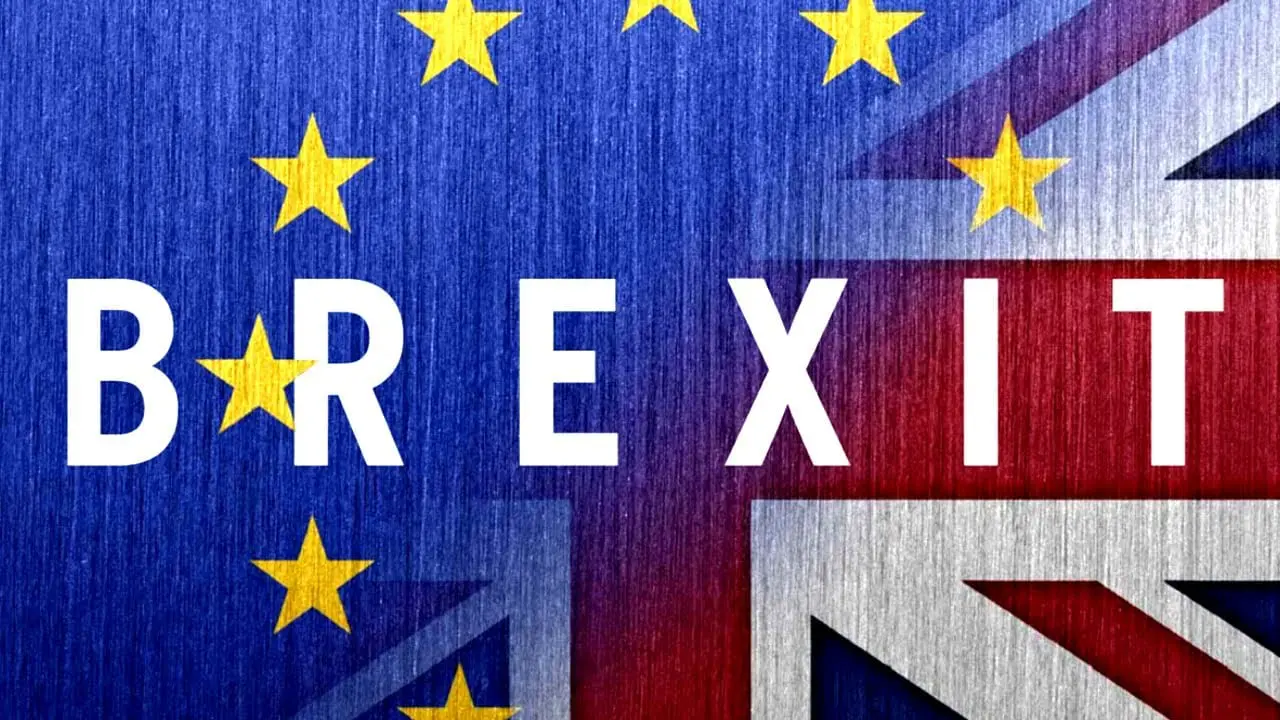Back in December 2020, Richard Burnett, CEO of the Road Haulage Association, predicted that Brexit would cause “significant disruption” for six to 12 months. That prediction was, however, made before the Brexit deal was signed. What difference, if any, could the trade deal make?
The early signs
Rather ironically, the “festive” queues of lorry drivers stuck in Kent and Calais were due not to Brexit but to COVID19. Since those queues were cleared, traffic has been minimal, presumably due to the pandemic and all its associated restrictions. The RHA estimated that traffic levels on the Dover-Calais route were at about a third of their normal levels.
Of the trucks which have made it through, the government says that “at least 90%” of them had all the correct paperwork (for Brexit and COVID19). The RHA, however, said that around “one in five” trucks were being turned away. This would put the percentage of successful crossings at around 80% rather than the 90%+ quoted by the government.
The RHA’s position is supported by a tweet from ferry company DFDS. It reported “a high volume of vehicles being refused and delayed at the Ports of Calais, Dunkerque and Dover, due to incorrect paperwork being presented at check-in.”.
Confusion over paperwork
The trade deal means a lack of tariffs. It does not mean a lack of paperwork, in fact, it means quite the opposite. Not only do UK-based companies now have to fill in forms to import from and export to the EU, but they also have to fill in paperwork to move goods to and from Northern Ireland. This means that even companies which only operate domestically may still be caught up in the new Brexit rules.
This issue has already manifested itself in disruption to trade between the mainland UK and NI. According to reports, on 1st January 2021, the first ferry from the UK to NI had no fewer than 6 lorries on it which were delayed due to issues with their paperwork. There are also verified reports of major companies suspending operations to Northern Ireland.
For example, Marks and Spencers has reduced the number of products it sends from the mainland UK to NI. John Lewis, Debenhams and Fortnum & Masons have all included Northern Ireland in their list of EU countries to which they have stopped deliveries, at least for now. If major players like these are struggling with the new rules, it’s probably safe to assume that SMEs are struggling even more.
The domino effect
One of the issues raised by businesses is that entire shipments can be held up if just one item has the wrong paperwork. This has the potential to cause huge issues when consolidating shipments for haulage. Larger businesses may be able to work around this by making sure that they have sole use of lorries (or containers in ships). For many smaller businesses, however, the ability to share transport is essential to running cost-effective operations.
This issue will, hopefully, be alleviated over time as businesses of all sizes get to grips with the new rules. This may involve at least some businesses completing administrative tasks which really should have been finished by the end of last year (e.g. applying for XI EORI and GB EORI numbers).
In fairness to the businesses which are behind with this, the trade deal was only finalized at the last minute. It is therefore fairly understandable that businesses would not want to go through a pile of administrative tasks which might have turned out to be a waste of their time. Now that a deal has been finalized, there is an incentive to complete the necessary administration.
For the present, however, there is a very real danger that administrative issues will lead to bottlenecks either at the ports themselves or further up the supply chain. This could result in severe disruption to the haulage industry for an indefinite period.
If you need haulage assistance please contact us



Recent Comments